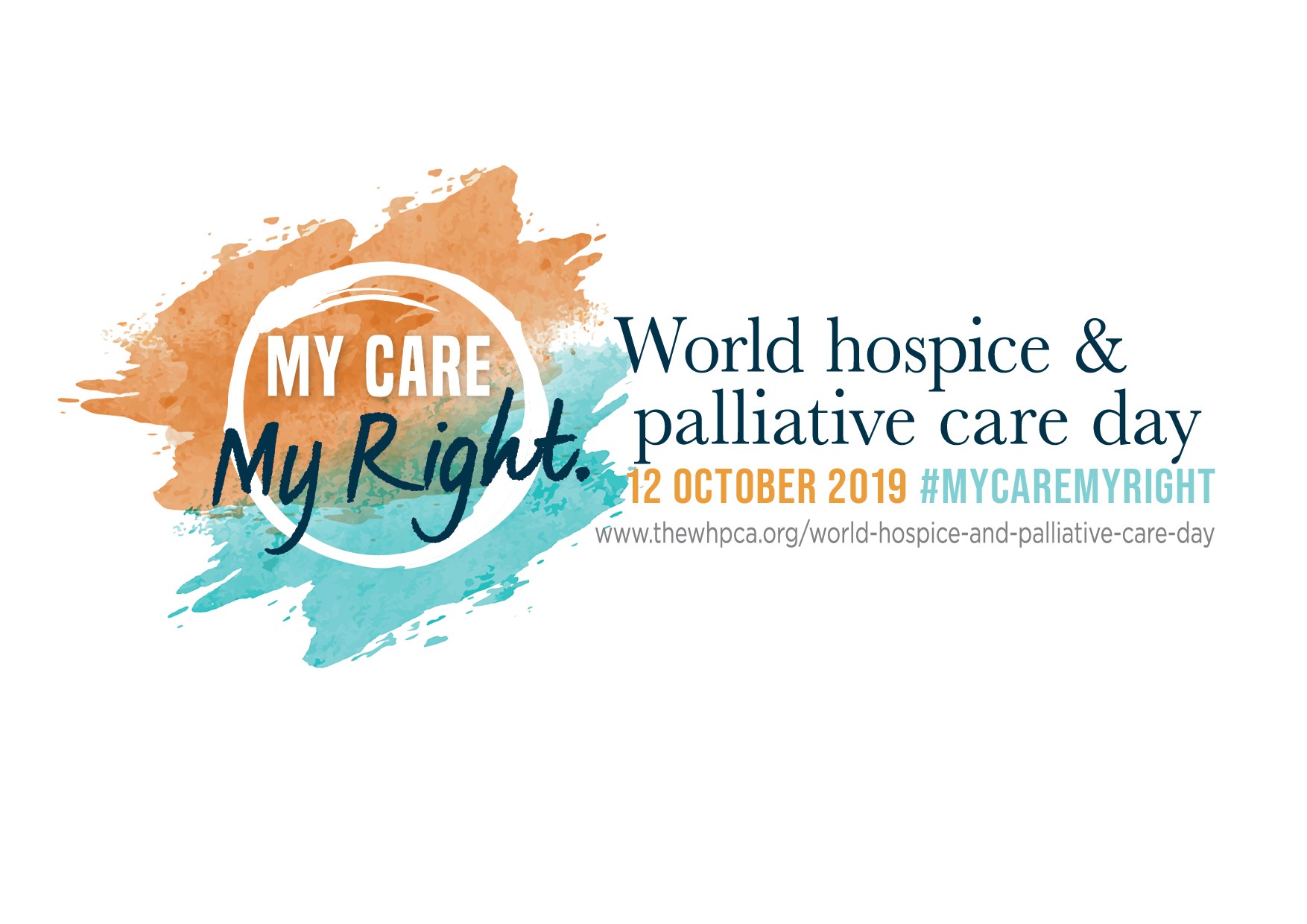
As a Medical Administrative Assistant, you will manage medical information, learn medical terminology, and perform administrative duties within a medical office. The program will prepare you to take the exam to become a certified medical administrative assistant. These programs are typically six to twelve month long and prepare students in entry-level administrative positions in medical offices.
Job duties
In a medical office, administrative assistants perform a variety of administrative tasks. Some tasks are more general than others and some require special training. Some of these tasks may include billing and coding, which involves translating medical records and using specific codes to bill insurance companies. While a medical assistant in smaller clinics may be solely responsible for billing and code, larger practices may require them to perform other administrative duties such as front-office support.
Depending on what the employer requires, medical administrative assistants could perform a wide range of administrative duties and report to the office manager. This job may include handling legal and insurance matters as well as other business issues. These positions may require knowledge of finance or business management. You should know what your employer expects when you apply to the position.

Education requirements
A program in medical administrative assistant can help you get a job in the medical industry. This course covers health sciences and therapy functions. Students learn how insurance paperwork can be filed and how to file medical records. This job requires excellent organizational and communication skills. Certification isn't necessary but employers do prefer certified assistants. Your job prospects can be improved by certification. Some programs even offer financial aid.
For a job as a medical assistant, you must have a high school diploma. Some employers prefer candidates with knowledge of computer programs. You can improve your chances of being hired by taking a course in word processing. After you graduate from your training program, you will likely get on-the-job training.
Career prospects
To become a medical administrative assistant, you need to complete a post-secondary education. The associate's in medical assistant is the most sought-after course for this role. It teaches basic skills and office software. You will also learn about medical law, medical ethics, and medical billing. This certification will help to land your first job.
Career prospects for medical administrative assistants are good, as the healthcare industry is growing faster than most occupations. CareerExplorer predicts that there will be 22 percent increase in employment opportunities between 2016 and 2026. This expected growth is due in part to the creation of an additional 129,000 American jobs and the retirements from approximately 5,200 Americans during this period.

Salary
There are many salaries for medical administrative assistants. It all depends on where you live. However, the average entry-level salary is about $20 per hour. Entry-level medical assistants will be less likely to be hired than those who have more experience. Your salary could increase as you gain more experience. You could eventually move up to become a medical administrator or a medical officer. These positions pay significantly higher than those with less previous experience.
Medical administrative assistants may opt to specialize in one of the following areas: medical billing, medical coding. These positions may open the door to other healthcare careers. For example, medical assistants can choose to become Registered nurses, Physical Therapist Assistants or Paramedics. An assistant can demand a more lucrative salary package by completing this level of training.
FAQ
What are medical systems and what do they mean?
Medical systems were designed to make people live longer and more healthy lives. They ensure patients receive the best medical care, when and where they need it.
They ensure that the right treatment is given at the correct time. They provide doctors with the necessary information to help them give the best possible advice about the treatment that would be most effective for each patient.
What are the different types of health insurance?
There are three main types:
-
Private health insurance covers most of the costs associated with your medical treatment. Private companies often offer this type of insurance. You only pay monthly premiums.
-
While public insurance covers the majority cost of medical care there are restrictions and limitations. Public insurance does not cover preventive services, routine visits to doctors, hospitals and labs, Xray equipment, dental offices, prescription drugs or certain tests.
-
The medical savings account (MSA) is used to help you save for future medical expenses. The funds are saved in a separate account. Most employers offer MSA programs. These accounts are non-taxable and accrue interest at rates similar that bank savings accounts.
What are the primary functions of a healthcare system?
The health care system should provide adequate medical facilities for people who need them at a reasonable cost while ensuring access to quality services by all.
This includes providing health care and promoting healthy lifestyles. This includes equitable distribution of health resources.
What does the expression "healthcare" refer to?
It is the provision of services for maintaining good physical and psychological health.
What is a healthcare system?
The health system encompasses all aspects of care from prevention to rehabilitation and everything between. It includes hospitals. clinics. pharmacies. community services. public health, primary and long-term health care. home care. mental health and addictions. palliative, end-of life care. emergency medicine. research, education. financing. and regulation.
Complex adaptive systems make up the health system. They have emergent properties which cannot always be predicted by looking at individual components.
Complex health systems can be difficult to comprehend and manage due to their complexity. This is where creativity steps in.
Creativity can help us solve problems that we don’t have the answers to. We use our imaginations to create new ideas and develop ways to improve things.
Health systems need people who think creatively because they're constantly evolving.
The ability to think creatively is key to improving the functioning of health systems.
Statistics
- Healthcare Occupations PRINTER-FRIENDLY Employment in healthcare occupations is projected to grow 16 percent from 2020 to 2030, much faster than the average for all occupations, adding about 2.6 million new jobs. (bls.gov)
- For instance, Chinese hospital charges tend toward 50% for drugs, another major percentage for equipment, and a small percentage for healthcare professional fees. (en.wikipedia.org)
- The health share of the Gross domestic product (GDP) is expected to continue its upward trend, reaching 19.9 percent of GDP by 2025. (en.wikipedia.org)
- Over the first twenty-five years of this transformation, government contributions to healthcare expenditures have dropped from 36% to 15%, with the burden of managing this decrease falling largely on patients. (en.wikipedia.org)
- Foreign investment in hospitals—up to 70% ownership- has been encouraged as an incentive for privatization. (en.wikipedia.org)
External Links
How To
How to find home care facilities
Home care facilities provide assistance for people who require it. These include elderly persons who are unable to move independently and disabled people with chronic conditions such as Alzheimer's. These services include personal hygiene and meal preparation, laundry, cleaning as well as medication reminders and transportation. They often work in close collaboration with social workers, medical professionals, and rehabilitation specialists.
You can find the best home care services provider by asking friends, family and/or reading reviews on the internet. Once you have identified one or more providers, you should ask about their qualifications as well as their experience. Flexible hours are important so they can work around your schedule. You should also check to see if they provide 24/7 emergency service.
Ask your doctor or nurse to refer you. If you don’t know where to begin, search online for “home health care” or “nursing home”. For example, you could use websites like Yelp, Angie's List, HealthGrades, or Nursing Home Compare.
You may also call your local Area Agency on Aging (AAA) or Visiting Nurse Service Association (VNA) for additional information. These agencies will have a list that lists local agencies that provide home care services.
It is crucial to find a quality home care agency, as many charge very high fees for patients. In fact, some agencies can charge up to 100% of an individual's monthly income. You can avoid this by choosing an agency that is highly rated by the Better Business Bureau. Get references from former clients.
Some states even require homecare agencies that register with the State Department of Social Services. Find out the requirements for agency registration in your area by contacting your local government.
Consider these factors when looking for a homecare agency.
-
Do not pay upfront for any services if you are being asked.
-
You should look for a well-established and reputable business.
-
Get proof of insurance, especially if you're paying out of pocket.
-
You should ensure that the state licenses any agency you hire.
-
Ask for a written contract detailing all costs involved in hiring the agency.
-
Verify that follow-up visits are provided by the agency after discharge.
-
Ask for a list if credentials and certifications.
-
Don't sign anything until you have read it.
-
You should carefully read any fine print.
-
Check if the agency is bonded and insured.
-
Ask how many years the agency has been in business.
-
Verify the license of the State Department of Social Welfare for the agency.
-
Find out whether there are any complaints against the agency.
-
Contact your local government office that regulates home-care agencies.
-
Check that the answering service is certified to answer questions regarding home care.
-
To ensure that you fully understand the tax implications of home care, consult your accountant or attorney.
-
Always get at least three bids for each home care agency you contact.
-
Choose the lowest bid, but do not settle for less than $30 per hour.
-
It is possible that you will need to visit more than one agency for home care each day.
-
It is important to carefully read contracts before you sign them.